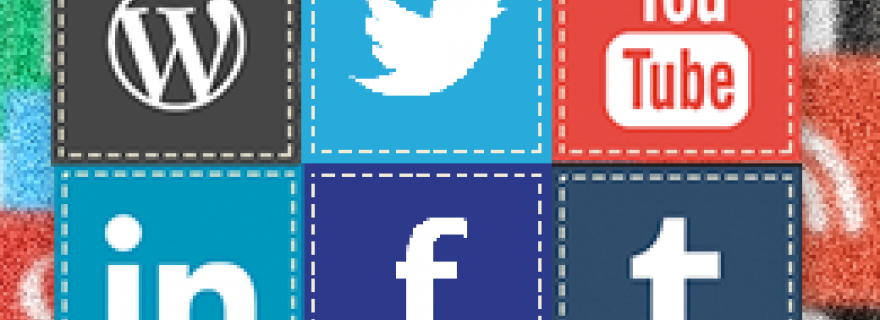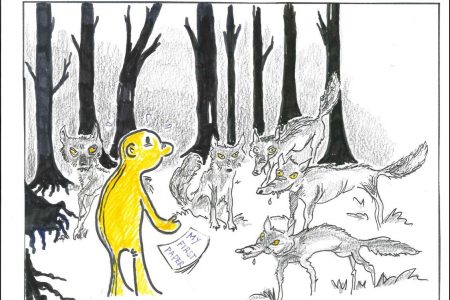Workshopping (Social) Media
Last Friday I attended the pilot of a new workshop presented by Erik Kwakkel and Hermen Visser on traditional and social media and how researchers can use them effectively to communicate their research.
Last Friday I attended the pilot of a new workshop for staff here at Leiden University on the use of (social) media for researchers. Presented by Erik Kwakkel, a medieval book historian at Leiden University, and Hermen Visser, science communicator and owner of Visser Visible Communication, the workshop was to cover both traditional and social media and how researchers can use them effectively to communicate their research and all of this in a span of four hours. The workshop was held in Dutch, though there was mention made of possibly doing it in English in the future if there was enough interest. This session was a pilot and as such Erik and Hermen were working out some of the kinks in the presentation as they went, but if you ever get the chance to attend this workshop, especially if you're an early-career researcher, I highly recommend doing so as it will give you some useful tools and strategies to leverage (social) media in your daily routine.
The workshop was effectively split into two sessions, one dealing with traditional media, covered by Hermen, and one that focused on social media, covered by Erik. Both sections looked at the different types of media and their functions and at how to best leverage them. Hermen also spent some time on explaining what exactly radio and TV production teams are looking for when they book guests. But the focus wasn't just on all the good things activity on social media or appearances in traditional media could bring, but on the downsides as well, such as balancing the flash and substance of your content to on the one hand engage the broader public, whilst on the other not losing respect from your colleagues in your field for being more entertainer than scientist, something that was highlighted by the recent positing of the Kardashian Index and Science's answering Top 50 Science stars on Twitter.
Hermen also provided some practical exercises for the participants to allow them to crystallise what exactly it was they wanted to communicate, asking them what story they wanted to tell, who they wanted to tell it to and what actions they wanted to prompt in their audience. This exercise was mirrored later by an exercise set by Erik, where he asked what the participants' online persona would be. He asked them to consider whether they only wanted to share professional information in their feeds or whether they'd also share personal information (think: the proverbial what I had for lunch tweets) and how this would convey their message. In all of this authenticity should be your guide: if you're not passionate about what you are conveying, people won't buy into it.
Both speakers stressed the need to have a strategy before engaging with the media, to know what you want to achieve and what you want to communicate. (Social) media can amplify the transmission of your ideas, but for that to succeed your message should be clearly transmitted. So prepare and plan, be aware of your target audience and adjust your message and delivery accordingly. Also: don't expect immediate results. In the case of especially social media perseverance is key as it takes time to build an audience. They also showed that social media are an ideal platform to build an audience for the early-career researcher as they are easily available and only require buy-in from the researcher themselves to start, whereas appearances on radio and TV or in newspapers or magazines require an invitation from the people producing them. Additionally, building a presence online and gaining visibility also leads to a greater discoverability by production teams or news desks.
The most important thing I took away from the workshop was the importance of only 'doing' (social) media if you want to, since if you're only engaging with them out of a sense of obligation or because everyone else is doing it, you will inevitably be dissatisfied with the results and feel you've wasted your time. Be sure you want to try (social) media and if you decide to take the plunge do so with a solid plan and commit to the experiment for a set period, preferably a number of months, before deciding to quit. And the second most important thing is that even if engaging with (social) media requires a time invest, even if that investment can be far smaller than most people think, it is well worth it, as the benefits are significant in terms of exposure and creating connections.





